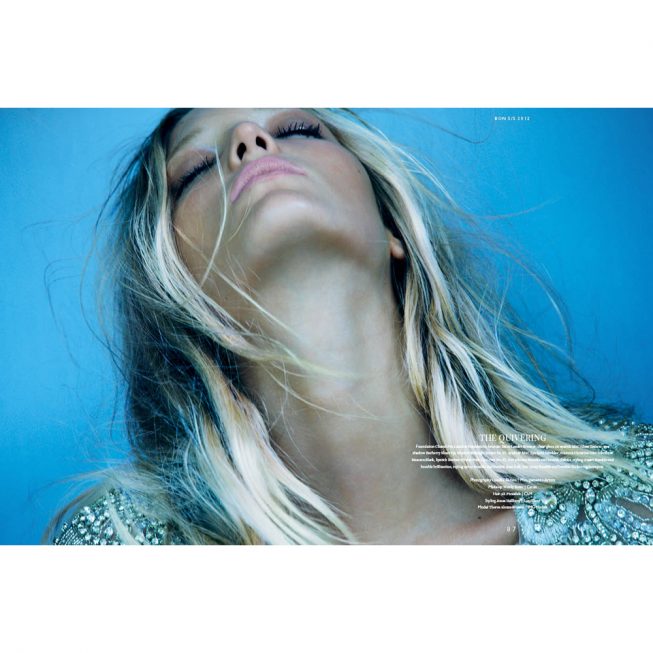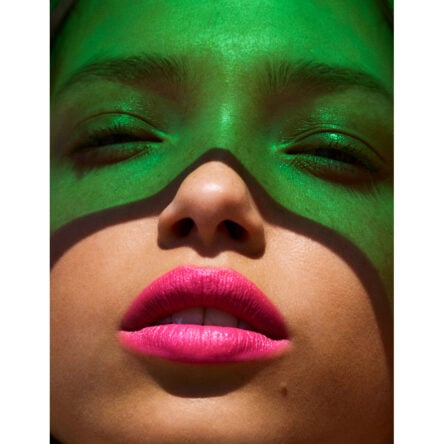
Working in beauty, I know just how much your appearance can affect your mood, and even your mental health. Hair thinning and female hair loss are issues that people don’t talk about that much, despite the fact that they affect so many people. Because people tend to skirt around the issue, it can feel like there isn’t much information and support out there if it is something you’re dealing with.
One of my friends has recently been going through this, and after speaking to countless people without finding a solution, she recently spoke to a trichologist on the recommendation of hair stylist to the stars Ken Paves who was able to get to the route of the issue. There are plenty of hair supplements that promise to thicken and strengthen hair, but they are like a plaster when it comes to hair loss, as soon as you stop taking it the hair loss will continue, unless you get the bottom of why your hair is falling out. So the first step is to visit a trichologist (such as the ones at The Belgravia Centre) and they will look at the cause, rather than the outcome. My friend was given blood tests to find out if anything underlying could be linked to the hair loss, which revealed issues both with hormone levels and cholesterol that needed to be addressed in the long term, while hair drops and products helped in the short term.
Products to Help with Hair Loss
Tricho Pro
Volumising Protein Spray
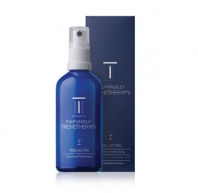
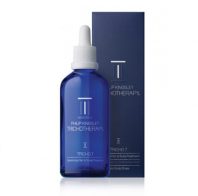
Tricho 7
Volumising Hair And Scalp Drops
Susanne Kaufmann
Hair Elixir
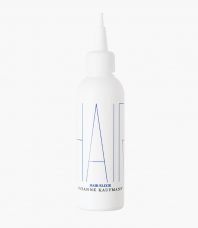

Aveda
Invati Advanced 3 Step Set
To offer some more help and advice, I spoke to Anabel Kingsley, Trichologist at Philip Kingsley.
Why Is My Hair Falling Out? Everything You Need to Know About Hair Thinning
Is it normal for hair to thin over time?
“As hair is a non-essential tissue, the body never prioritizes its growth. Anything that negatively impacts the body’s internal environment, such as stress, an improper diet, hormonal changes and illness, will often cause hair fall – and long before it affects anything else.”
What are the causes of female hair loss?
“Hair thinning occurs when follicles in pattern areas are genetically programmed to be sensitive to normal levels of circulating androgens (male hormones). Hair follicles very gradually shrink and produce hairs of a thinner diameter and a shorter length with each passing hair growth cycle. While this type of thinning is usually due to an inherited trait, it can be made worse by hormonal imbalances, nutritional deficiencies or excesses, menopause, stress, thyroid disorders and a flaky scalp. As well as this, hair often thins naturally as we get older. Just like our skin and muscles, the hair ages and changes.”

Can it be prevented?
“The problem with prevention is that people lose at least 15% of the volume of their hair before they even realize it. However, do not despair. A lot can be done to prevent further deterioration – and depending on the cause, to improve existing hair volume. Firstly, blood tests should be carried out to rule out any underlying possible causes. Diet and lifestyle should also be looked at, as both can contribute to hair thinning. Generally, the most effective treatment for hair thinning involves daily use of anti-androgenic scalp drops. These help to protect the hair follicle from miniaturizing.”
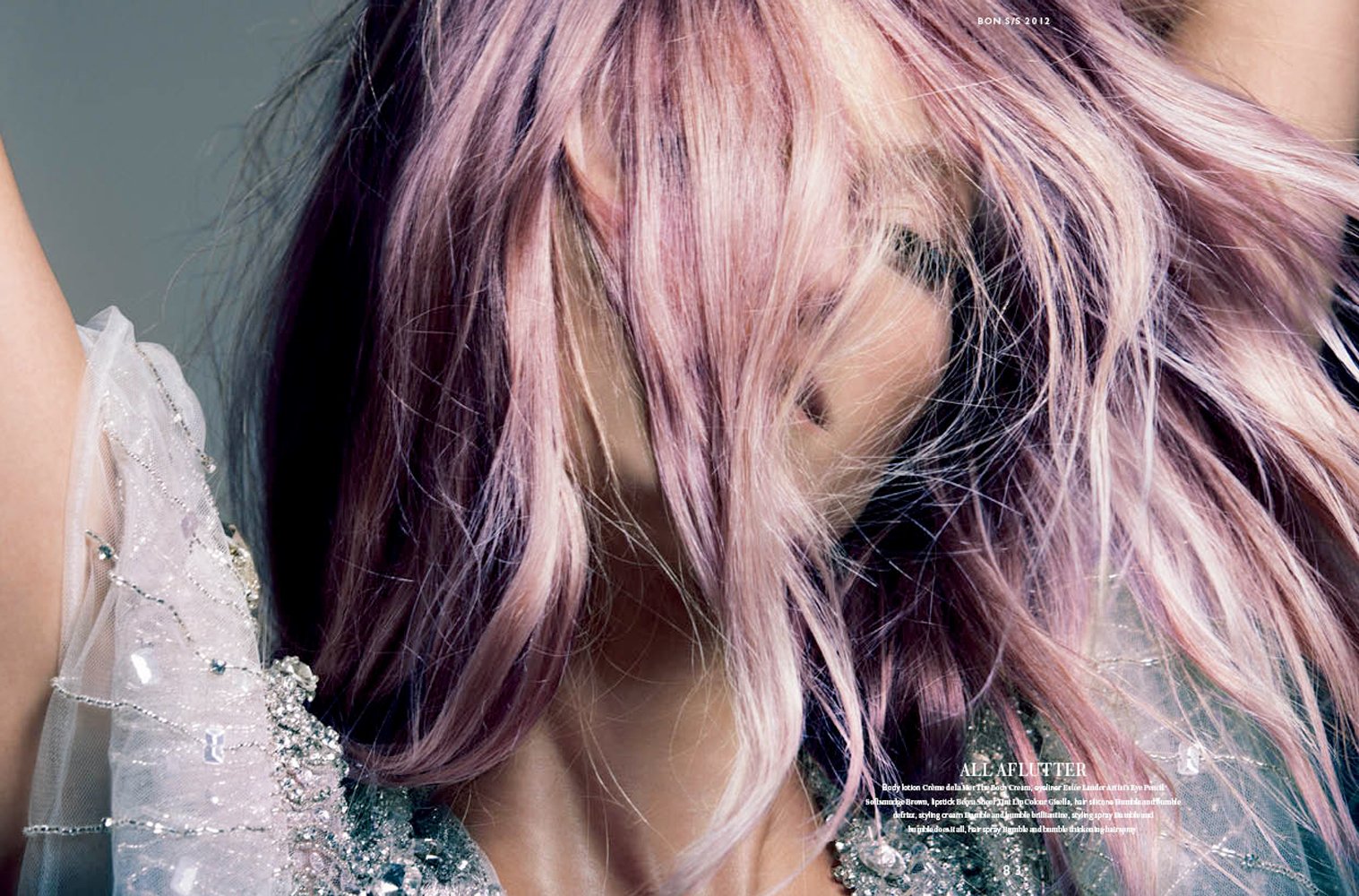
What are the treatment options?
“There are very good products available that add immediate thickness to the hair. For instance, lightweight protein sprays. Drops can offer a longer-term solution, improving hair volume over time. If hair thinning is being made worse by dietary anomalies, correcting these with the right adjustments and/or nutritional supplements can have a huge benefit. If a flaky scalp is exacerbating hair thinning, anti-microbial shampoos, toners and scalp masks can also help.
Cleanse and exfoliate your scalp frequently and use stimulating and/or exfoliating masks weekly. A healthy scalp is very important.”
Anything you should avoid doing?
“Avoid cutting down on protein and nutritious foods, and fad diets. This is important regardless of whether you are experiencing reduced hair volume – but a poor diet can certainly make hair loss worse.
“Avoid being rough when you style i.e. don’t pull harshly at your hair with a brush or comb/ use the highest heat setting on your dryer. Hair that is finer is naturally weaker and will therefore snap quite easily.”

Anything else we should know?
“Avoid products that promise to treat hair thinning/hair loss quickly. Due to the nature of the hair growth cycle, it will take from 6-12 weeks to see results from any treatment.
“Don’t be afraid to shampoo your hair. Contrary to popular belief, shampooing does not cause hair loss. Quite the contrary. Frequent washing helps to keep the scalp environment healthy – which is essential to hair growth.
“A varied and balanced diet containing all food groups will help support hair growth. However, some of the most important of these are:
- Complete proteins (i.e. ones containing all essential amino acids)
- Iron – rich foods, such as red meat
- Complex carbohydrates, such as whole grains.”
There is more information available on the NHS website about coping with hair loss.
READ NEXT: Add Volume to Your Hair | My Exclusive Interview with Sienna Miller
© Wendy Rowe. All Rights Reserved.

